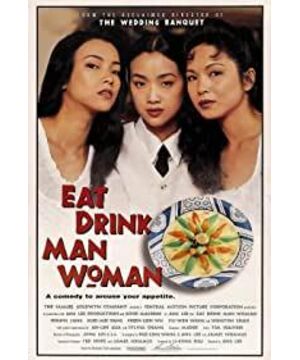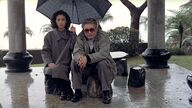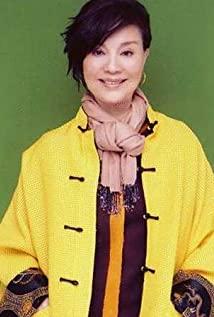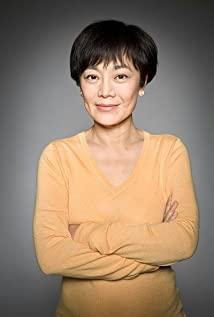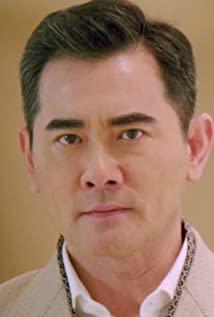Ang Lee's trilogy borrows three highly symbolic symbols in traditional Chinese culture: Tai Chi, weddings and food, to show us the passing and persistence of tradition under the extensive influence of capitalism and Western culture. In these three films, Lang Xiong's father, the head of a traditional Chinese family, has been at the center of the conflict. In "Pushing Hands", he had difficulty handling the relationship with his American daughter-in-law; in "The Wedding Banquet", he was depressed because of his son's careless handling of marriage; and in "Food and Drink", his life's unique skill - food became the mainstay of his relationship with his three daughters. primary means of relationship. However, in the values and cultural differences with his daughter and son, he was defeated again and again. At the end of "Pushing Hands", he lives alone in an apartment; in "The Wedding Banquet", he knows that his son's relationship with Simon cannot be broken; and in "Eating and Drinking Men and Women", he stubbornly makes a big table every Sunday night Although there are fewer and fewer people eating vegetables...
The experience of his old father brought him a lingering sense of loneliness. Perhaps the director is just here to allude to the loneliness of traditional ethics and values. In the film, we saw Taijiquan, Chinese painting, calligraphy, and Chinese food, which seemed to show us a perfect traditional China, but all this only existed in the old father's room, and even in "The Wedding Banquet" we saw that father The calligraphy and paintings in the room were just temporary decorations that the son used to make the old father happy. When the father left, the posters of the Door Band and Elvis were still seen in the room. In Taiwan, due to Jiang Gong's new life movement and the promotion and protection of Confucian culture, this is already the most well-preserved place in traditional China; however, with the advent of globalization, as consumerism penetrates into every part of the world In the corners, those time-consuming, slow-paced delicacies and self-cultivation, those red tape patriarchal and ethics, have also become more and more marginal. These conditions are actually more thoroughly reflected in the mainland due to the influence of previous movements and the faster economic development.
As a result, our Master Zhu seems to have become an old-fashioned figure, looking for some comfort in the nostalgia of the deceased wife in the diligence of the old subordinates. He tried to find other sustenance besides his daughter and food, but after his relationship with Jinrong was announced, what he got was his daughter's incomprehension and anger.
In the film, Ang Lee does not simply take a sentimental and critical attitude towards the passing of tradition, but seems to imply that tradition can be revived only when it is combined with modernity. At the end of "Eating and Drinking Men and Women", Master Zhu finally stopped insisting and let his daughter Jiaqian take charge of the kitchen alone, and he just found the taste that he had lost for many years while tasting his daughter's dishes. The director used this warm scene to leave us a beautiful thought.
Another impressive protagonist in the film is Jia Qian. During her interactions with the three men, Raymond, Li Kai and her father, the director vividly portrayed her subtle emotional differences between different men, her desire for true love, and the loneliness deep in her heart. Perhaps in terms of loneliness, she Most similar to his own father. Because she couldn't get along, she broke up with Raymond, but she still couldn't get rid of Raymond emotionally. She went to have sex with Raymond every once in a while, and when she was eager to talk, the first thing that came to her mind was Raymond; sadly, , Raymond only regards her as a good friend who can maintain sex. After Raymond announced her marriage and hinted that she could continue the relationship, she left sadly, still unable to accept sex without love. It is precisely because of her longing and cherishing of feelings that she, who should have left the home first, eventually became the last daughter who stayed by her father's side.
Of course, apart from the specific characters, what impressed me most about "Eating and Drinking Men and Women" was the depiction of the city of Taipei. There are skyscrapers, motorcycles everywhere, the magnificent Taipei Forbidden City, and the purity of Yangming Mountain. Although Taipei is not much different from many southern cities in mainland China in appearance, it can always feel a traditional charm. This verve still shines brightly even under the impact of modernity. Now Taipei and Nanjing have opened direct flights. In the near future, I think I will go there and take a good look.
View more about Eat Drink Man Woman reviews


